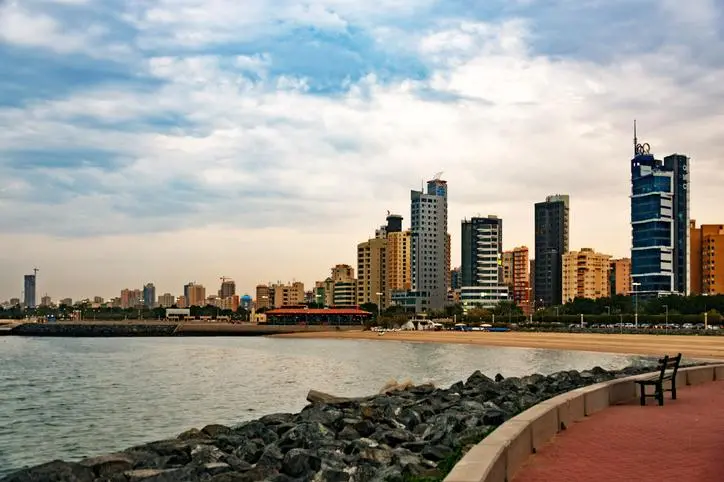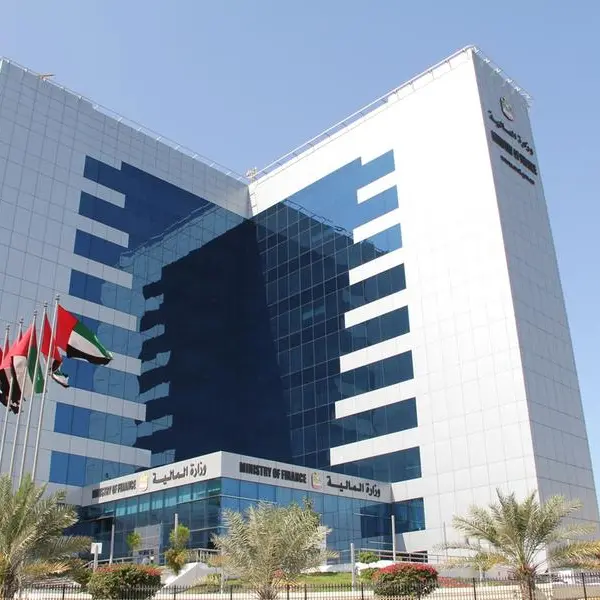PHOTO
Non-oil business conditions in Kuwait continued to improve at a modest rate in July as expansion in new export orders quickened to the strongest on record, amid reports of new orders from neighbouring countries.
However, employment levels stayed largely unchanged as firms struggled to find suitably skilled staff.
Non-oil firms remained confident that output will increase over the coming year, although sentiment eased to the lowest since February, the Purchasing Managers’ Index (PMI) report for July said.
The headline index reached 51.5, marginally down from 51.6 in June, as new orders fed through to growth of output and purchasing.
Andrew Harker, economics director at S&P Global Market Intelligence said companies in Kuwait had continued to use advertising and competitive pricing to secure new business and expand output during July.
Discounts were often offered in spite of increasing input prices, including a record rise in staff costs, he said.
“A key challenge for firms in July was finding suitably skilled staff, and these difficulties meant that employment was unchanged during the month, resulting in a further build-up of outstanding business.
“Firms will be hoping to find it easier to raise employment in the months ahead so that they can expand output and keep on top of workloads."
Selling prices increased only slightly, the report said, but when they were raised, panellists linked this to efforts to protect profit margins amid sharply rising input costs.
Overall input prices increased markedly again in July, although the pace of inflation eased to the weakest in the year-to-date.
Spending on advertising, spare parts, stationery and transportation were among the factors causing input costs to rise during the month
Staff costs increases at the sharpest pace on record were due to workers receiving overtime payments, the report added.
Work backlogs also continued to rise for the 18th month in a row and companies were able to keep raising purchasing activity in response to greater new orders, feeding through to an accumulation of inventories.
(Writing by Imogen Lillywhite; editing by Daniel Luiz)





















